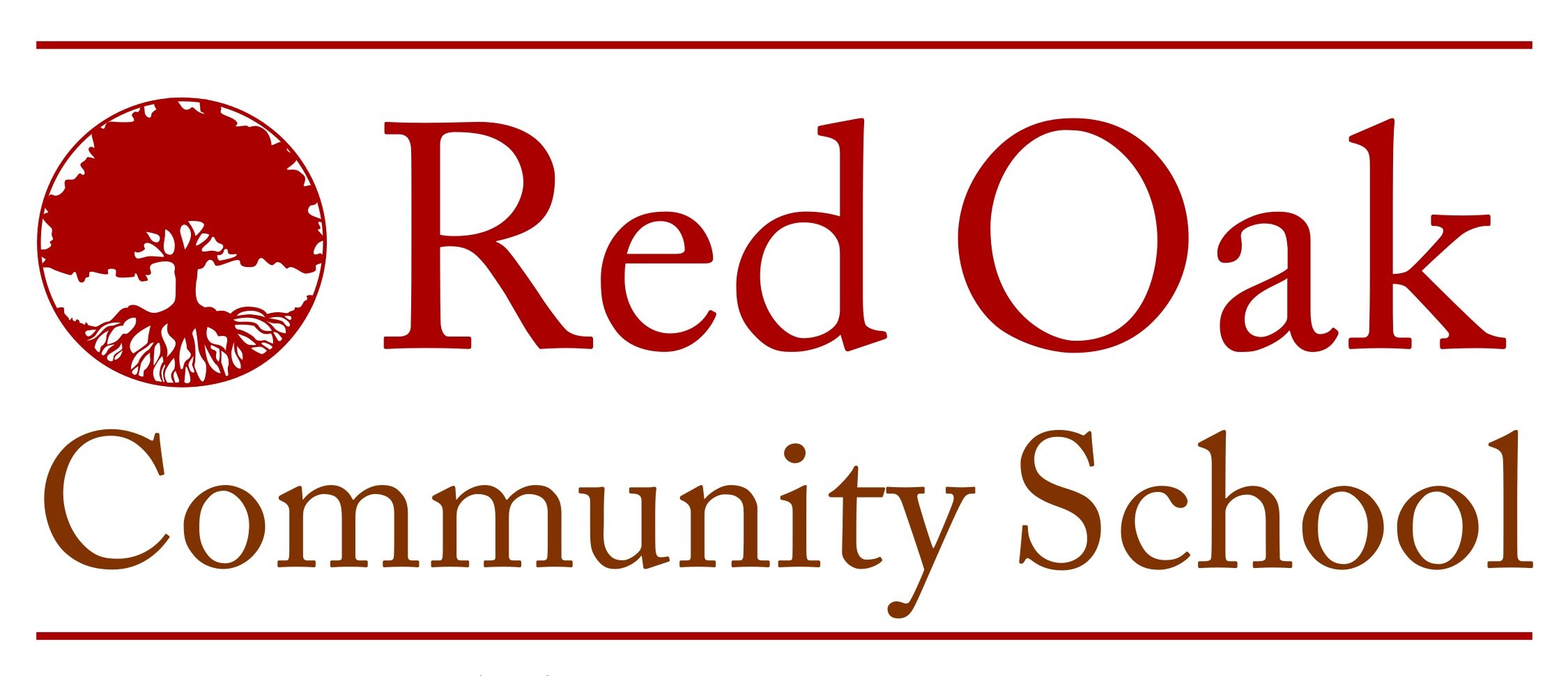The Great Book Sort of 2023
The minute Maureen, a ROCS educator, pulled me into her room and I saw the books organized in stacks on the table, I knew there was something big happening in her class. A large investigation, with momentous implications, and a reckoning that would shake the up bookshelves.
The infographic here is the one that Maureen initially shared with her class. It’s from the Little Feminist Book Club, and it illustrates how diversity in children’s literature is severely lacking. The research on this – look up “diversity in children’s literature” on the web – is rather harrowing. In fact, this infographic in a blog from Sarah Park Dahleen was the seed that later sprouted the book sorting in Maureen’s class.
Maureen: “I first saw the infographic (with the mirrors and the bear) back in 2019. I was intrigued, and disturbed, by the implications. I came across the Little Feminist Book Club info graphic earlier this year. I showed it to the Doves [2nd/3rd graders] first, explaining what it meant. There was a general sense of outrage that the publishing was so heavily weighted to books featuring white kids or animals. We decided we should sort our classroom library to see how it stacked up. I kept putting it off in order to work on other projects, but one Dove in particular kept the pressure on, reminding me we still needed to sort!
Once we did, I was honestly surprised at just how many books I had featuring animals! My love for Mo Willems' stories about Piggie and Elephant definitely added to the size of that stack, but there were still a LOT more animal books than I thought; not informational texts about animals, but picture book stories featuring animals or non-human things instead of kids. It's easy for students to be entertained by books about animals, but it doesn't reflect their own experiences back to them, or give them a window into someone else's experience.
Some of the outcomes of the sort were expected; I knew I had more books featuring Black children and families than I did white families and children. I've made a conscious choice to de-center whiteness in my literacy instruction, but what I wasn't ready for was how few books about Indigenous people and the LGBTQIA+ community were on the shelves. Upon reflection, I realized that I build a lot of my collections with books from the library, which we did not include in the book sort.“
All of Maureen’s classes took part in the “Great Book Sort of 2023.” I was curious about their reactions to the stacks. They were particularly upset by the non-existent pile of books under one of the categories. Interestingly, the CCBC, whose data was the basis for those previous infographics, only added this category as its own entity in 2019. You can read more about that here.
Maureen: “The students were very disconcerted to find that we have no books featuring Pacific Islanders. One Owl [4th/5th graders] promised me that she would check with the librarian over the weekend to see what was recommended, and another told me she would do some research at home and bring me a booklist. It's wonderful to see them take ownership of this project! A lot of attention was paid to the size of the two largest stacks, wondering how I had bought so many books (I've been teaching and collecting books for 20 years now, plus Red Oak families are super generous!)”
Maureen spoke to this generosity at an event held last month to raise money for the school. She talked about the purchasing of further books for the Social Justice Library. At Red Oak, the educators get together each year and decide a Social Justice theme, taken from Teaching Tolerance, A Project of the Southern Poverty Law Center (learningforjustice.org.) They take this theme and interweave it among their lessons all year long.
Maureen: “Our social justice theme this year centers on Identity, which fits into my ongoing goal of having books for every child to use as a "mirror" in which to see themselves and their experience reflected. One area where my classroom library has been lacking is in books about Disability Justice, which is our Social Justice theme for NEXT school year. I've started searching for and purchasing books with explicit and implied disabilities featured in preparation for next year.“
If you’re looking to find said books and more, Maureen can get you started. To purchase for the school, check out their Amazon wish list. Looking to expand your own child’s library? Read on.
Maureen: “The Little Feminist Book Club have or publish a good number of board books and books for younger children, but they also have a good collection of titles for elementary aged kiddos! Michelle (early childhood ROCS educator) has a subscription to their monthly delivery service, and I love it when she gives me recommendations! I also use the sites We Need Diverse Books, The Conscious Kid, Book Riot, and Social Justice Books.
Once the books were sorted in Maureen’s room, the kids went onto the task of making their own infographic, similar to that of The Little Feminists Book Club.
And finally, when all was said and done, there was the hefty task of putting all the books back on the shelves! However, they didn’t want to keep the books separated by race, nor just put them back as they were before, so the students helped to create some additional categories with a color system. Each book now has a sorting sticker, and the potential to have more stickers if a student should discover that a book covers more than one category.
Hence, the Great Book Sort of 2023 came to an end, with the kid’s wheels set in the motion to challenge everything thing around them, including what they read.
-Celeste Irving, ROCS mom





